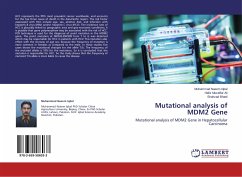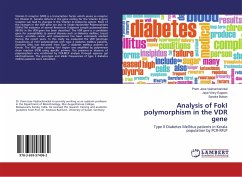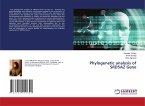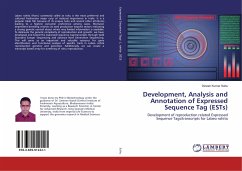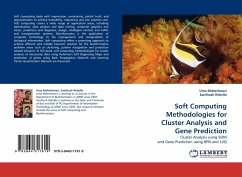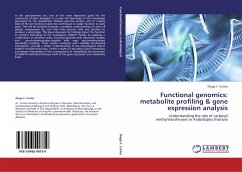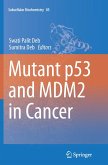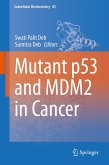HCC represents the fifth most prevalent cancer worldwide, and accounts for the top three cause of death in the Asia-Pacific region. The risk factor associated with HCC include age, sex, alcohol, diet, and infection with hepatitis B virus (HBV) and/or hepatitis C virus (HCV). The incidence rate of HCC is plausibly linked to geographic area and geo-economic conditions; it is possible that gene polymorphism may be associated with the risk of HCC. PCR technique is used for the diagnosis of point mutation in the MDM2 gene. The point mutation at MDM2-SNP309 from T to G was detected which may be responsible for HCC in patients with HCV. This mutation also effect with the increase of age sex, because the frequency of mutation is more common in females as compared to the male. In these studies five cases shows the mutational changes for the allele T/G. The frequency of the mutated alleles is 10% for the mutations. So it is concluded that the mutation is responsible for HCC. So the study shows that the frequency of mutated T/G allele is more liable to cause the disease.
Bitte wählen Sie Ihr Anliegen aus.
Rechnungen
Retourenschein anfordern
Bestellstatus
Storno

